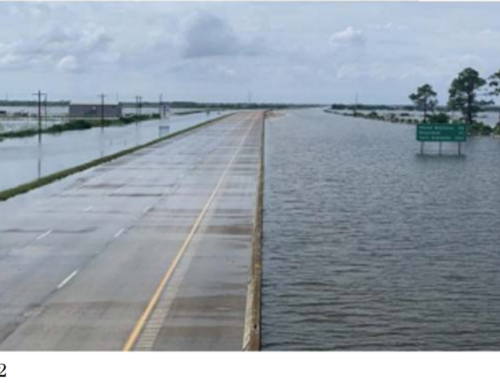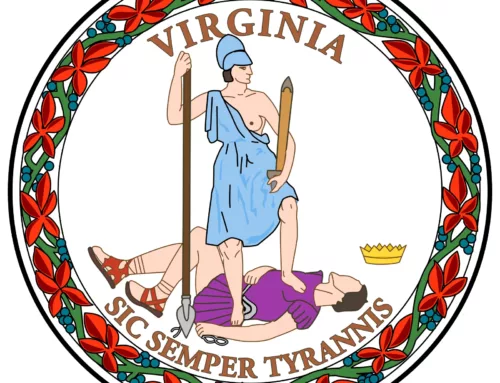 The Virginia Supreme Court issued its opinion in Hooked Group, LLC v. City of Chesapeake today, ultimately affirming the trial court’s dismissal of the landowner’s case.
The Virginia Supreme Court issued its opinion in Hooked Group, LLC v. City of Chesapeake today, ultimately affirming the trial court’s dismissal of the landowner’s case.
The facts of the case and contentions of the parties have been described previously on this blog here and here. In short, the landowner, Hooked Group, LLC, owned a commercial parcel that fronted on a major thoroughfare. A small residential street dead-ended adjacent to the rear of the parcel, and the parcel had an entrance from that residential street that had long been blocked by a chain. In 2017, the City of Chesapeake closed the portion of the residential street adjacent to the landowner’s property to all vehicular traffic except emergency vehicles, effectively cutting off public access to the property from that street. Access remained through the highway in front of the parcel. The landowner sued the City under a theory of inverse condemnation, alleging that the limitation of traffic on the residential street constituted a taking of its right of access. The city succeeded in getting the case dismissed with prejudice, with the trial court holding that a taking only occurs when all access from any public road is eliminated.
The gist is that landowners making this type of claim will now have to show either that the access that remains after the challenged action is unreasonable, or, even if reasonable access remains, the access that was eliminated was material to the property. That latter standard is thoroughly imprecise, so it is likely that landowners facing the elimination of some means of access will claim that the access was essential to the function of their property.
The Virginia Supreme Court’s opinion in Hooked Group, LLC v. City of Chesapeake can be found here.
Matt Hull is a Pender & Coward attorney focusing his practice on eminent domain/right of way, local government, and waterfront law matters.







Leave A Comment